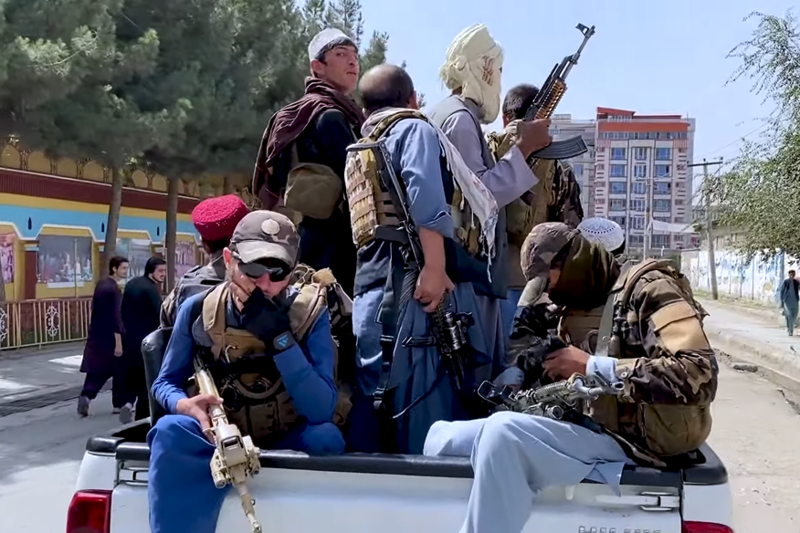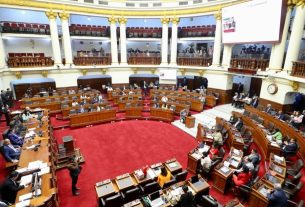Afghanistan is experiencing a total communications blackout—its first of this kind since the Taliban’s 2021 takeover—after authorities severed fibre-optic lines, cutting nationwide connectivity to just 14 percent of normal levels, according to internet watchdog Netblocks.
The shutdown follows weeks of regional bans on high-speed links ordered by supreme leader Hibatullah Akhundzada to curb “immoral activities.” Provinces hit include Balkh, Badakhshan, Takhar, Kandahar, Helmand, Nangarhar and Uruzgan, where fibre-optic services were pulled without warning earlier this month.
Mobile networks and fixed-line telephone services have collapsed in concert with the internet outage, as both rely on the same infrastructure. AFP correspondents lost all contact with their Kabul and Herat bureaux, as well as journalists in Kandahar, after the blackout took effect late Monday.
A government official, speaking on condition of anonymity, told AFP that the phased shutdown—deployed across some 8,000 telecommunications pillars—would remain “until further notice,” disrupting banking, customs and official communications nationwide.
While the Taliban defends the cuts as moral imperatives, analysts warn of profound social and economic fallout. “This shuts the door on online education and handicaps businesses that communicate with clients,” said Torek Farhadi, a former IMF and World Bank advisor, cautioning that prolonged isolation will deepen hardship and erode national resilience.



